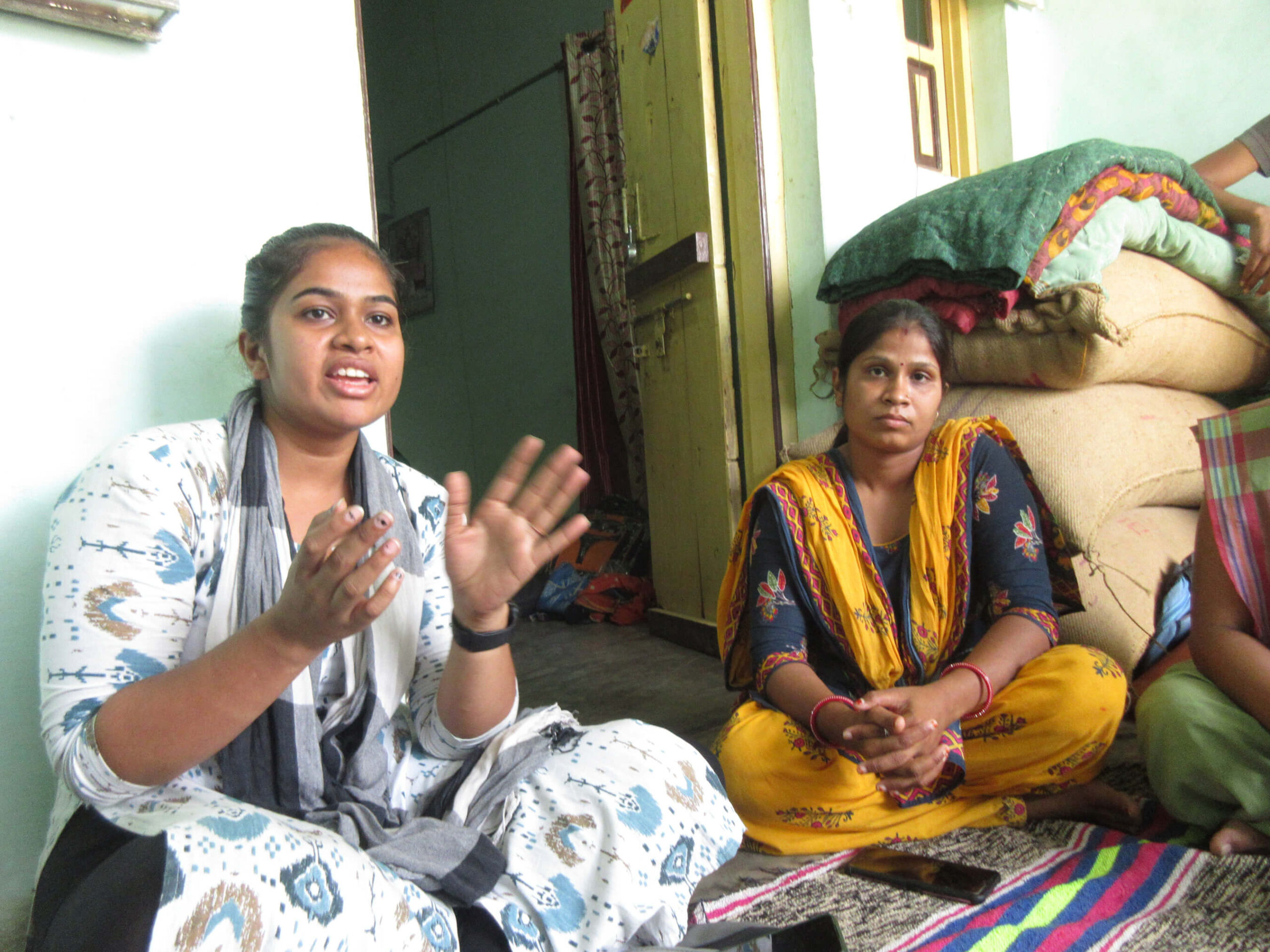
Through the national and regional round table, seminars, workshops, and consultations, AIDMI argues for encouraging active and meaningful local participation in all disaster-related programmes, turning disaster reduction and recovery policies and programmes in the favor of poor, marginalized communities and mainstreaming gender concerns, children and school safety in key aspects of disaster management. National Campaign for pro-Poor DDMPs, Climate Smart Disaster Risk Management, linking and mainstreaming DRR and CCA, wetlands risks, and protecting human rights in natural disasters are some examples of its actions in this regard.
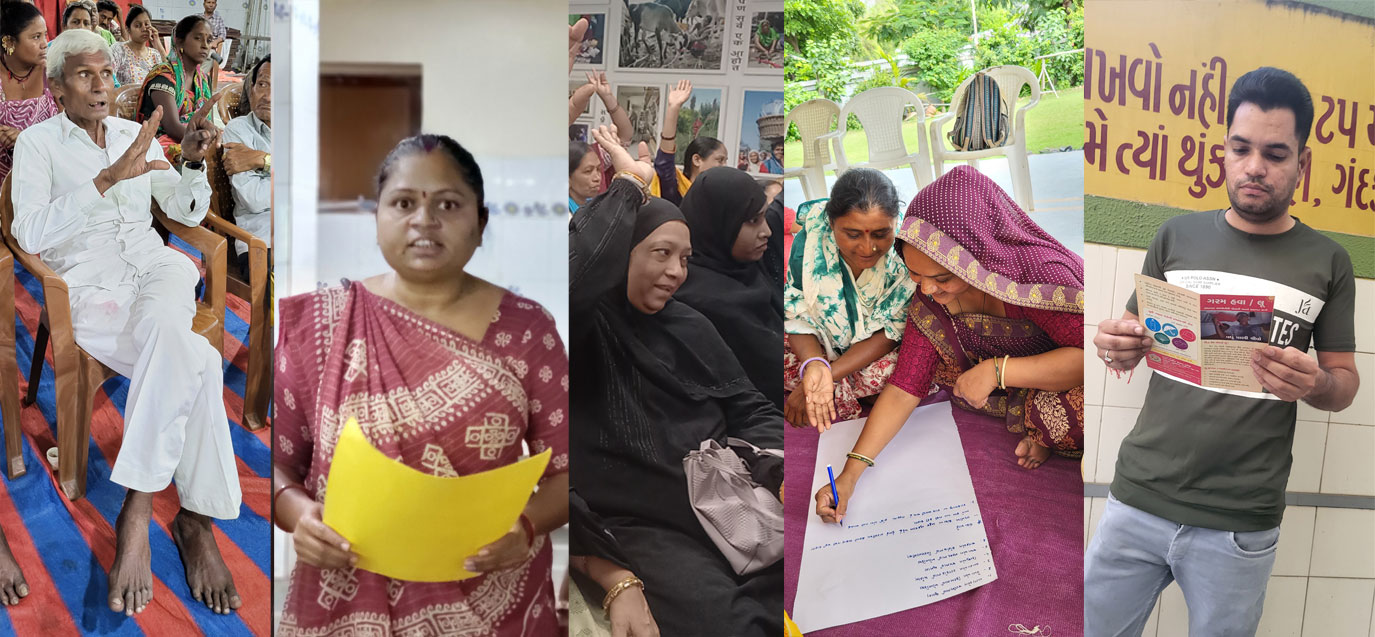
AIDMI’s learning resources conduct training for women farmer leaders, local decision-makers, school staff, government officials, volunteers, CBOs, NGOs staff, and communities on key disaster management topics.
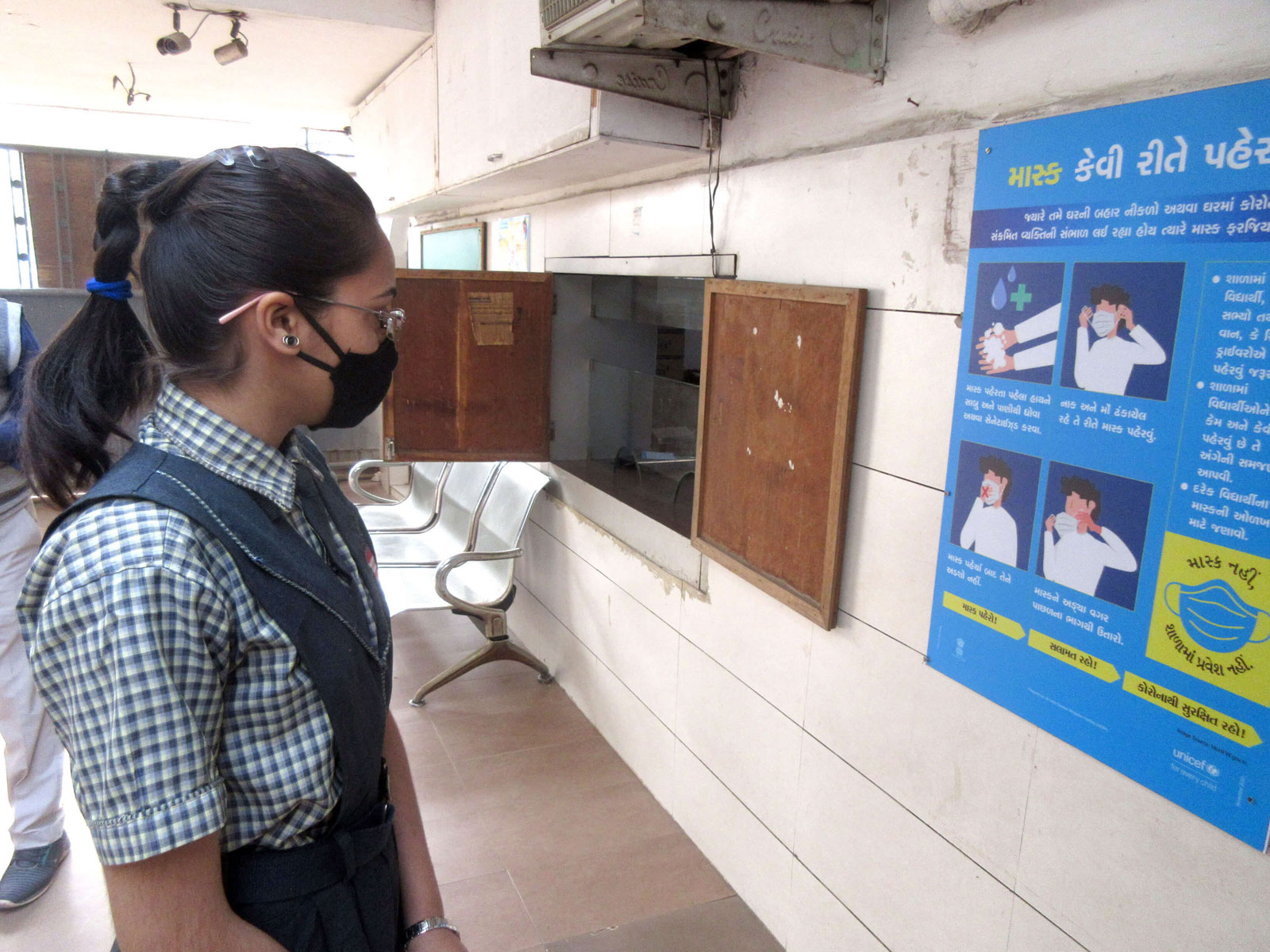
The Safer Schools Campaign initiated by the AIDMI is an effort with more than 1200 vulnerable schools and 42,000 students/school staff and agencies for making schools safer. The Campaign is facilitating various activities for children’s safety in disaster-affected and disaster-prone Assam, Bihar, Gujarat, Maharashtra, Odisha, Rajasthan, Sikkim, Tamil Nadu, West Bengal state, and Union Territories Andaman & Nicobar Islands, Jammu & Kashmir, and Puducherry of India as well as neighbouring countries including Afghanistan, Bangladesh, Maldives, and Myanmar.
In 2022, AIDMI reached out to 200 schools to pilot new programmes. AIDMI interventions with schools ranged from risk assessment to training and installation of Covid-compliant WASH infrastructure.
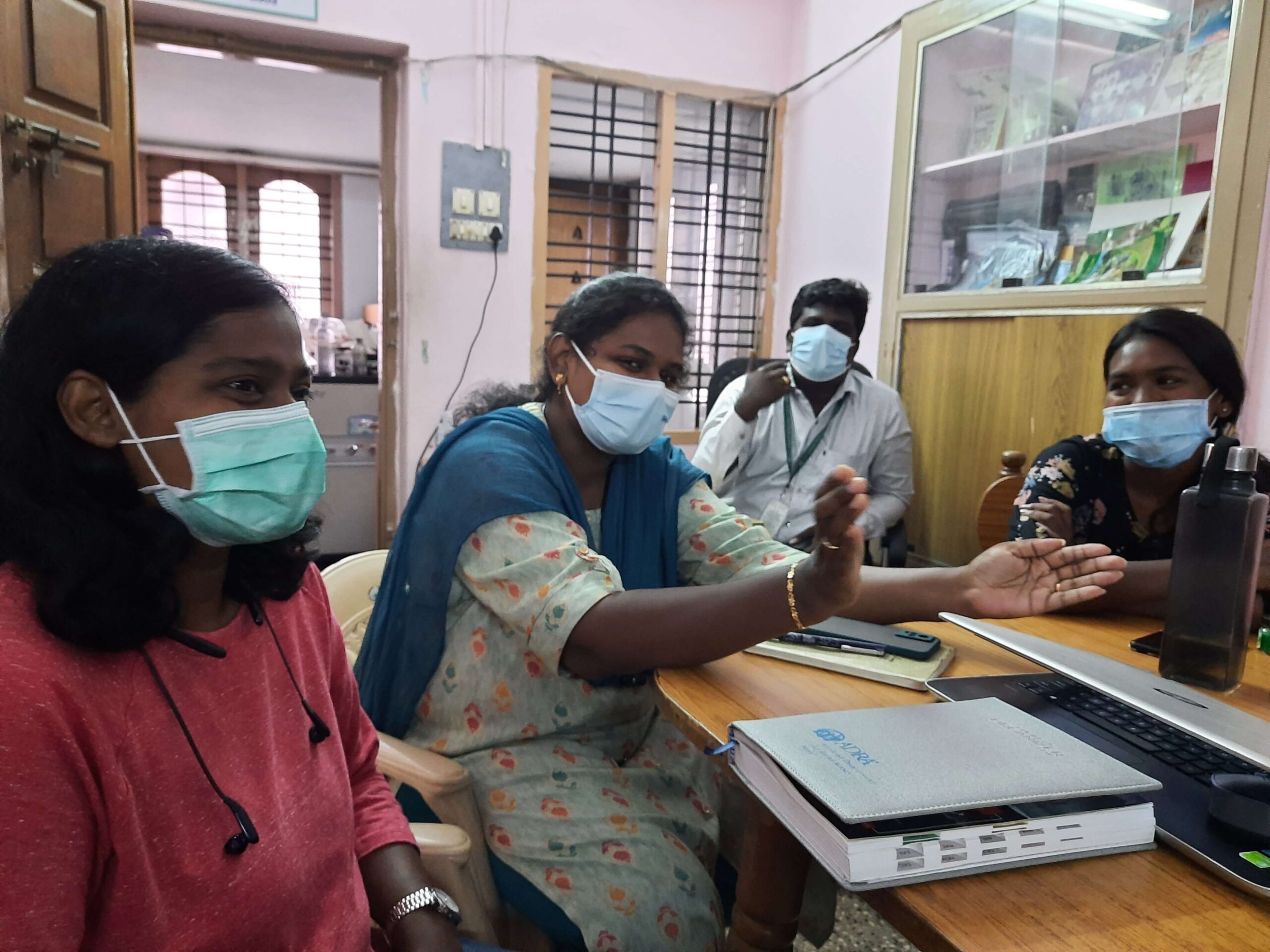
AIDMI has conducted over 30 evaluations of disaster risk management in South and Southeast Asia. AIDMI has been a leader in developing the practice of independent and joint evaluations of humanitarian efforts in the region. In this emerging area, AIDMI has captured and shared insights into how joint evaluations can improve accountability, ownership, and management in favour of the poor and affected community.
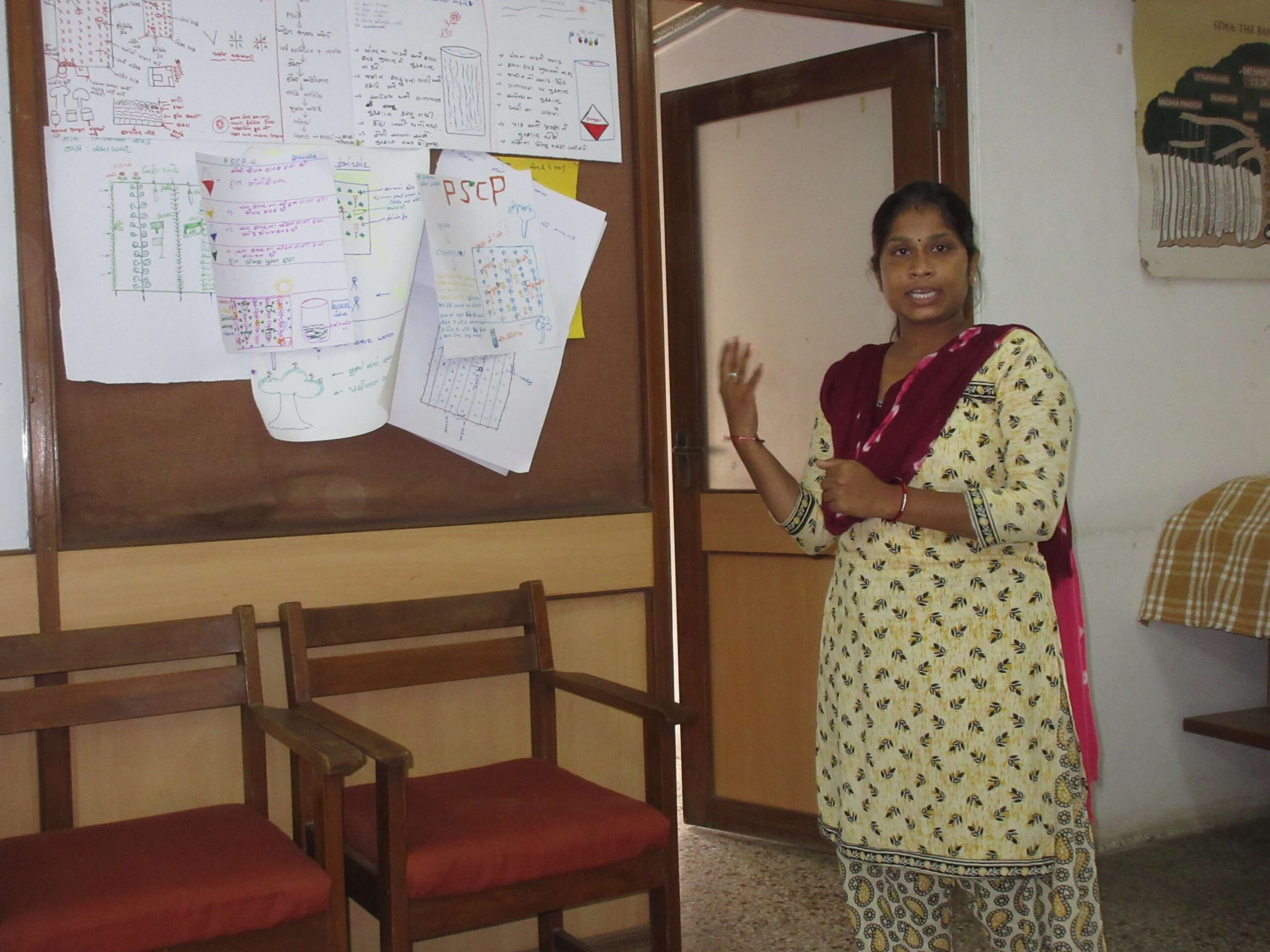
Publications for researchers, practitioners, community organizations, government agencies, and organizations – in English and local languages – are disseminated all across the world online. Awareness Materials – posters, brochures, displays, reports, study materials, video documentary – for knowledge sharing.